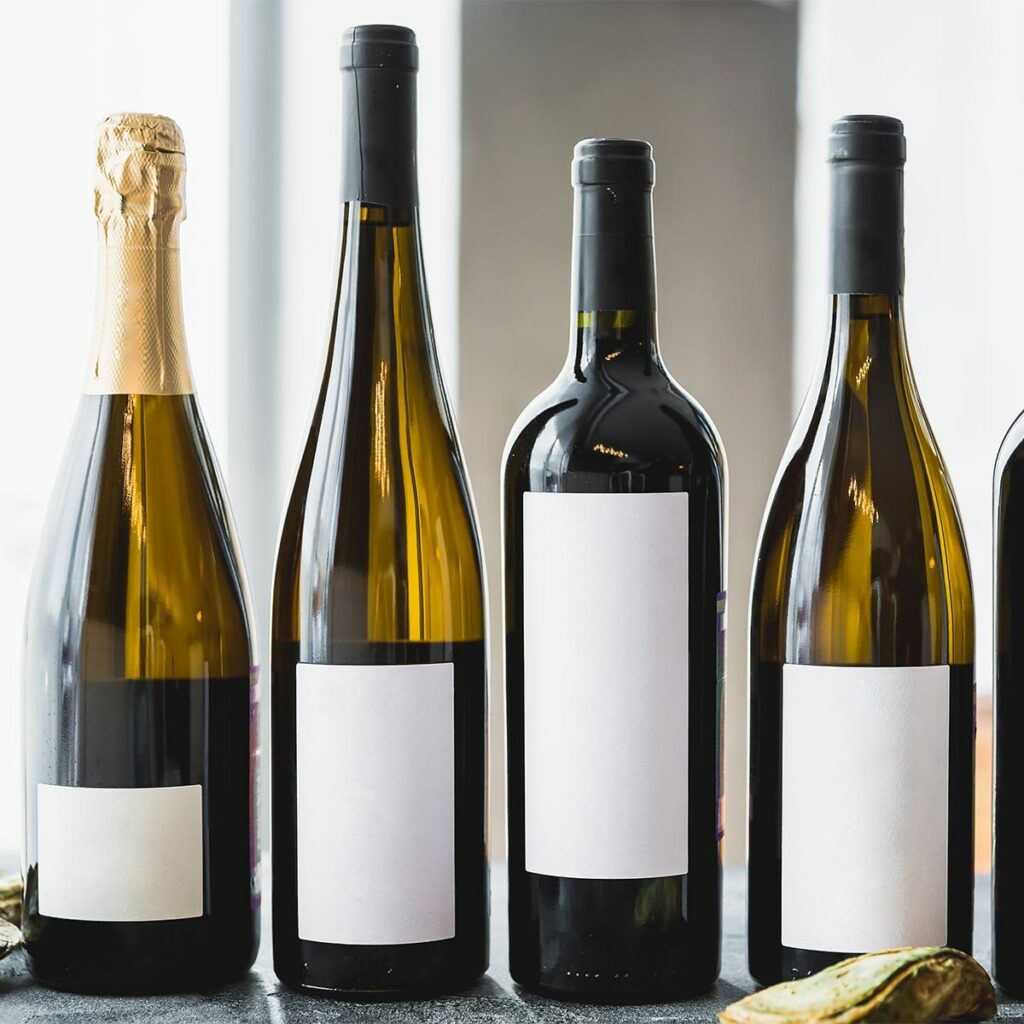European spirits group takes Ireland to task over new alcohol labelling set for 2026
SpiritsEurope, the association that represents 31 associations of spirits producers as well as 11 leading multinationals, believes Ireland’s new labelling rules for alcoholic beverages break European Union law
From 2026, the EU country will require alcoholic drinks to show information on their packaging warning consumers about the risk of, for example, getting liver disease or fatal cancers due to drinking alcohol. Also required will be other health information such as calorie content and grams of alcohol.
The mandatory labelling was signed into law by Ireland’s minister for health Stephen Donnelly on Monday 22 May through the remaining provisions of Section 12 of the Public Health (Alcohol) Act, passed alongside the Public Health (Alcohol) (Labelling) Regulations 2023. The new rules will be applicable exactly three years after this date.
Formal complaint
SpiritsEurope has submitted a formal complaint to the European Commission asking it to open an infringement procedure against Ireland for breaching EU law with the new regulation on alcohol labelling.
According to the association, the new measures “risk fragmenting the EU internal market by deviating from EU harmonised labelling rules”. In a statement SpiritsEurope added: “They also represent a disproportionate trade barrier not justifiable under EU law based on the public evidence put forward.”

Health and other campaign groups have welcomed Ireland’s decision as offering more transparency in nutritional labelling for consumers, as well as clearly communicating the health risks of alcohol.
A report in The Lancet published in March revealed that in Ireland and across the world, alcohol consumption accounts for around 5% of all deaths, causes more than 200 health conditions, including liver disease and cancer, and is linked to disability, unemployment, and violence. Despite the dangers, a 2021 survey from the Irish Department of Health found that alcohol consumption in the country remains high, with 37% of those aged 15 years or older drinking alcohol at least once a week and 15% participating in binge drinking.
SpiritsEurope believes the new regulations – which would require additional Ireland-specific labelling information, including written health warnings on alcoholic beverages – can be construed to be a trade barrier that would hamper the free movement of goods.
“In practice, the new rules would prevent economic operators from selling alcoholic beverages, legally sold in all other EU member states, in Ireland unless the products were re-labelled with additional information on the grams of alcohol and on the number of calories in the container, as well as health warnings text and pictogrammes,” said the association.
“This would make it considerably more complex and more expensive for non-Irish producers and distributors from within and outside the EU to make their products available to Irish consumers.”
Justified and proportionate?
Concerns have also been raised by other food and beverage industry organisations as well as 13 EU Member States and several non-EU countries that are key trading partners with the bloc.
Ulrich Adam, director general of SpiritsEurope, said: “For good reasons, the right to restrict the freedom of movement of goods in the Single Market is subject to strict rules: trade barriers must be justified and proportionate, meaning that no other options, less restrictive of the trade between member states are available to Ireland.

“We believe Ireland has failed to demonstrate the admissibility of their measures on both these criteria. In addition, the Commission is to present new, harmonised labelling rules for alcoholic beverages soon. In such a situation, common practice has it that plans for deviating national rules should be paused.”
But there has been no pause. Donnelly said: “This law is designed to give all of us as consumers a better understanding of the alcohol content and health risks associated with drinking alcohol. With that information, we can make an informed decision about our own alcohol consumption.”
Minister of State for public health, wellbeing and the National Drugs Strategy, Hildegarde Naughton, added: “Everyone has a right to be told about the risks associated with a product before we consume it. This law is designed to ensure all consumers of alcohol have access to clear and concise information about the risks. The medical evidence is clear that a cancer risk applies even at lower levels of alcohol consumption.”
In its complaint, SpiritsEurope outlined why the Irish measures cannot be justified as relating to trade in the Single Market. Adam added: “We fully acknowledge and respect Ireland’s right to take action to ensure a high level of protection of the public health of its citizens. Numerous meaningful, proportionate, and evidence-based public health measures to help reduce alcohol-related harm are available. However, it would appear that Ireland conducted an insufficient analysis of the proportionality of their particular policy choices on labelling.”
SpiritsEurope also claims that the matter has further been complicated by evidence submitted by Ireland to the European Commission to justify its measures remaining inaccessible. “We believe the public has a right to know which evidence has been collected and examined by Ireland and the European Commission,” Adam concluded.
Join us at SIAL Paris as exhibitor Join us at SIAL Paris as visitor
Sign up to the SIAL newsletter and receive the latest news and all information about the next edition.